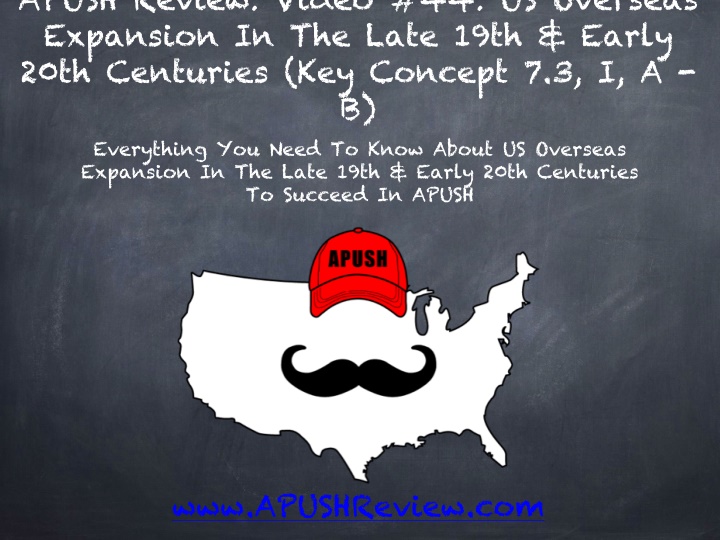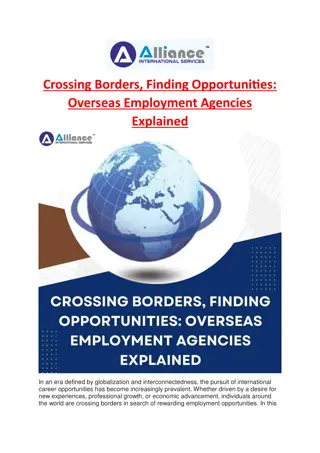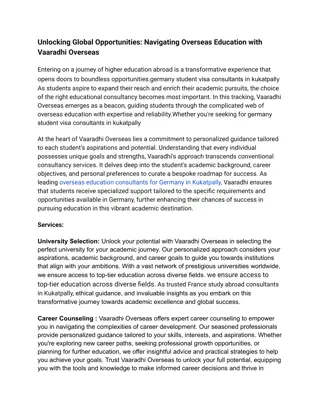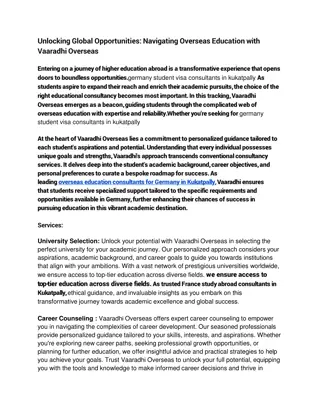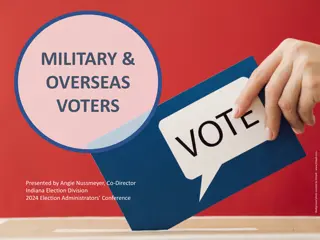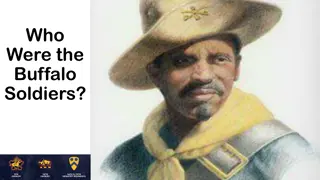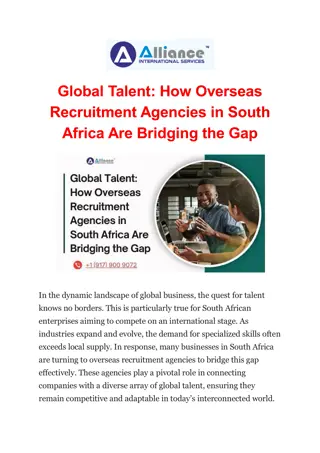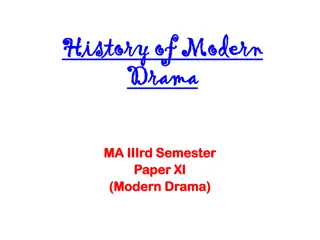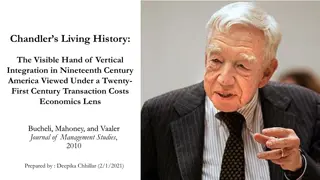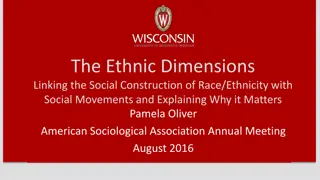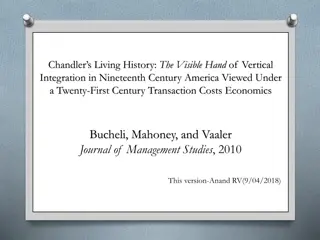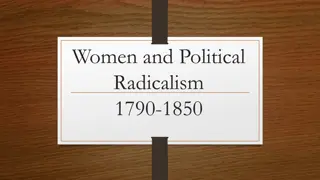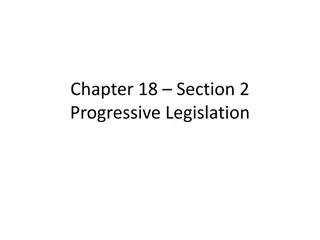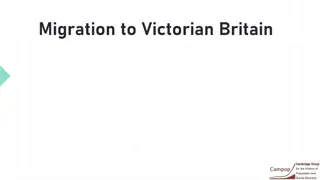US Overseas Expansion in the Late 19th & Early 20th Centuries: Key Concepts & Movements
Explore the reasons behind US overseas expansion in the late 19th and early 20th centuries, including economic opportunities, racial theories, competition with European empires, and the perception that the frontier was closed. Delve into key events, figures, and debates such as the annexation of Hawaii, the White Man's Burden ideology, social Darwinism, and arguments against expansion by the Anti-imperialist League.
Download Presentation

Please find below an Image/Link to download the presentation.
The content on the website is provided AS IS for your information and personal use only. It may not be sold, licensed, or shared on other websites without obtaining consent from the author.If you encounter any issues during the download, it is possible that the publisher has removed the file from their server.
You are allowed to download the files provided on this website for personal or commercial use, subject to the condition that they are used lawfully. All files are the property of their respective owners.
The content on the website is provided AS IS for your information and personal use only. It may not be sold, licensed, or shared on other websites without obtaining consent from the author.
E N D
Presentation Transcript
APUSH Review: Video #44: US Overseas Expansion In The Late 19th & Early 20th Centuries (Key Concept 7.3, I, A - B) Everything You Need To Know About US Overseas Expansion In The Late 19th & Early 20th Centuries To Succeed In APUSH www.APUSHReview.com
Reasons For US Overseas Expansion Economic opportunities Racial theories Great Short Answer Question Competition with European Empires Perception that the frontier was closed
Economic Opportunities American companies sought markets overseas US plantation owners in Hawaii called for annexation 1898 - US annexed Hawaii Business opportunities in China (Open Door Notes)
Racial Theories Some sought to civilize nonwhite nations Rudyard Kiplings, White Man s Burden Josiah Strong s Our Country - Anglo- Saxon race was superior and should spread Christianity
Competition With European Empires Social Darwinism was applied to countries Alfred T. Mahan s The Influence of Sea Power Upon History (1890) Argued that a strong navy is vital for being a world power Read by Teddy Roosevelt and European leaders
Perception That The Frontier Was Closed Frederick Jackson Turner s Frontier Thesis (1893) Argued that the frontier was closed US should look overseas for more land
Anti-Imperialists Anti-imperialist League: Key people included William Jennings Bryan, Mark Twain, and presidents of colleges Arguments against expansion: Self-determination Racial theories Tradition of isolationism
Self-Determination Anti-Imperialists argued that acquiring these territories and people violated self-determination Weren t they deprived of the same rights that led to America s Declaration of Independence? Life, liberty,, and the pursuit of happiness
Racial Theories Some anti-imperialists argued that the US should not acquire lands with people of a different race and culture
Tradition Of Isolationism Anti-imperialists cited Washington s Farewell Address and tradition of avoiding foreign affairs
Quick Recap Arguments for expansion Economic opportunities Racial theories Competition with Europe Frontier was closed Arguments against expansion Self-determination Racial theories Tradition of isolationism
See You Back Here For Video #45: The Spanish-American War Thanks for watching Best of luck!
